9 GPTs for Industry Forecasting Powered by AI for Free of 2026
AI GPTs (Generative Pre-trained Transformers) for Industry Forecasting are advanced tools designed to assist in predicting future industry trends and patterns. Leveraging the power of machine learning and natural language processing, these tools analyze vast amounts of data to provide insights and forecasts relevant to specific industries. They are pivotal for strategic planning, offering tailored solutions that enhance decision-making processes by predicting market dynamics, consumer behavior, and potential industry shifts.
Top 9 GPTs for Industry Forecasting are: FutureForecast GPT,Industry Insight,Trend Analyst,Oil & Gas Stocks,WEF Job Report GPT,Steel Industry Report,China,分析竞品公司,Crop-AI
FutureForecast GPT
Forecasting the Future with AI
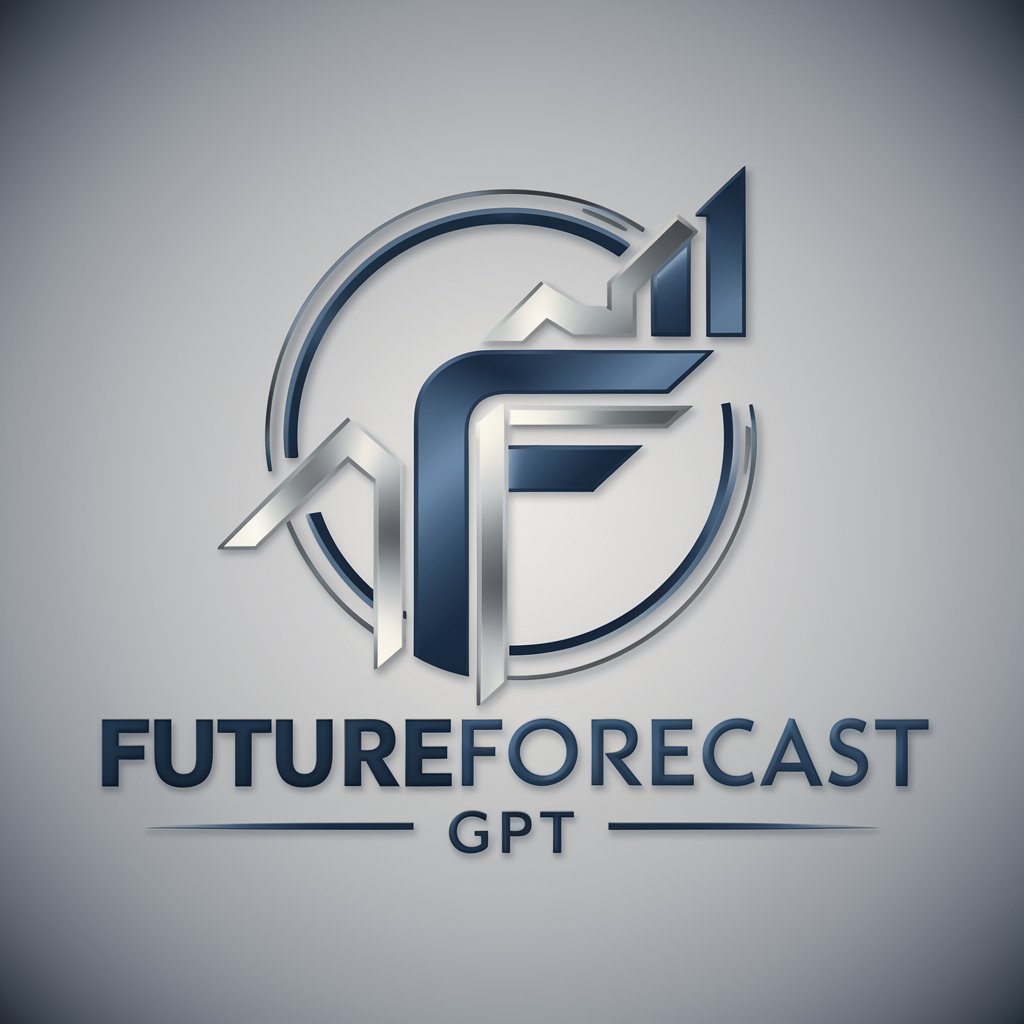
Industry Insight
Harness AI for In-depth Industry Insights
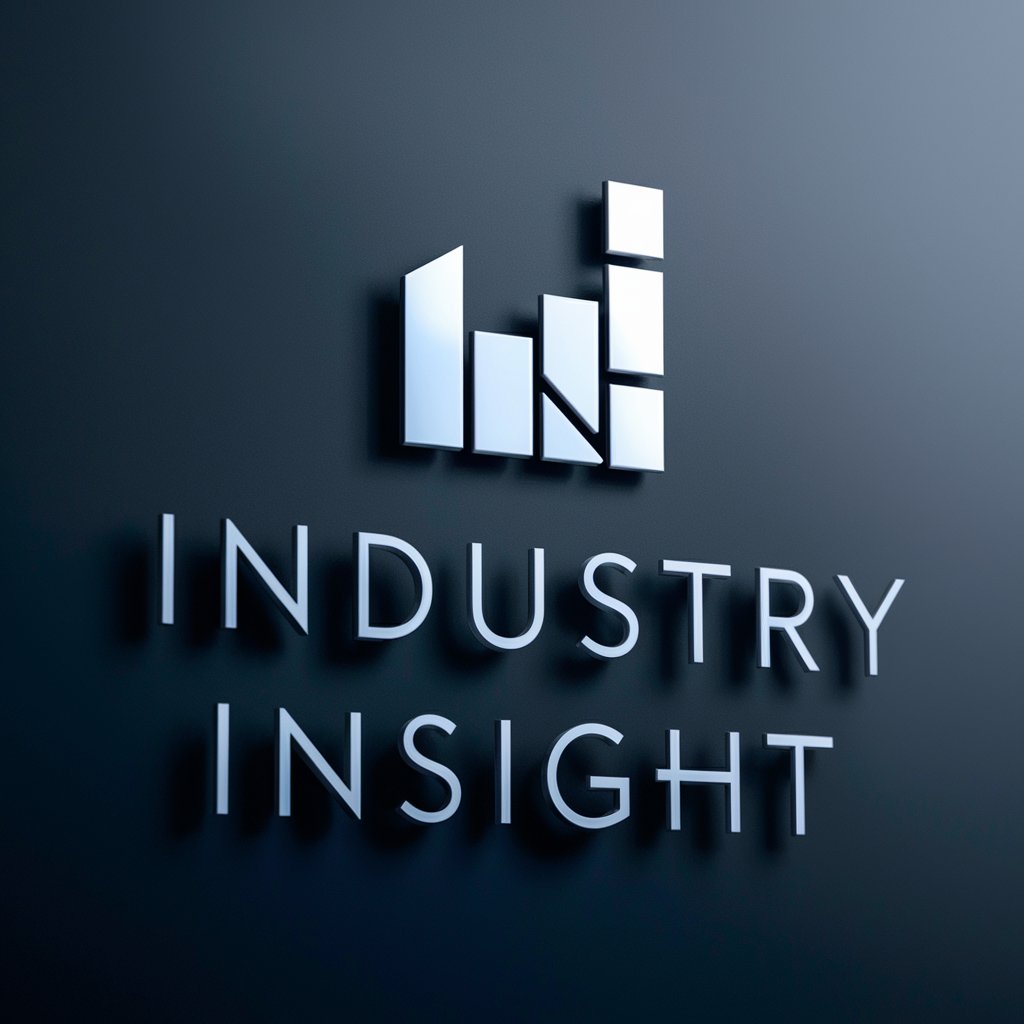
Trend Analyst
Navigating investment trends with AI precision
Oil & Gas Stocks
Empowering informed decisions in the oil and gas sector.
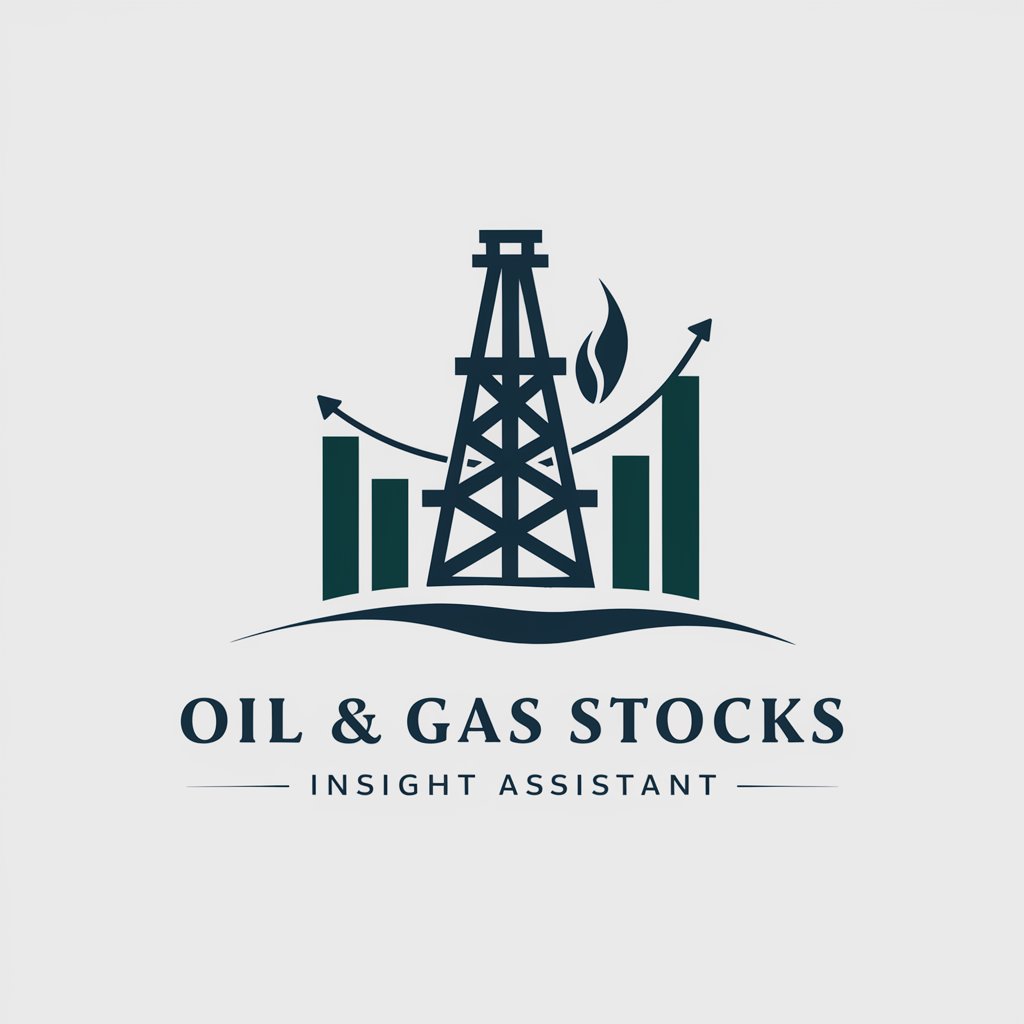
WEF Job Report GPT
Navigate the Future of Work with AI-driven Insights
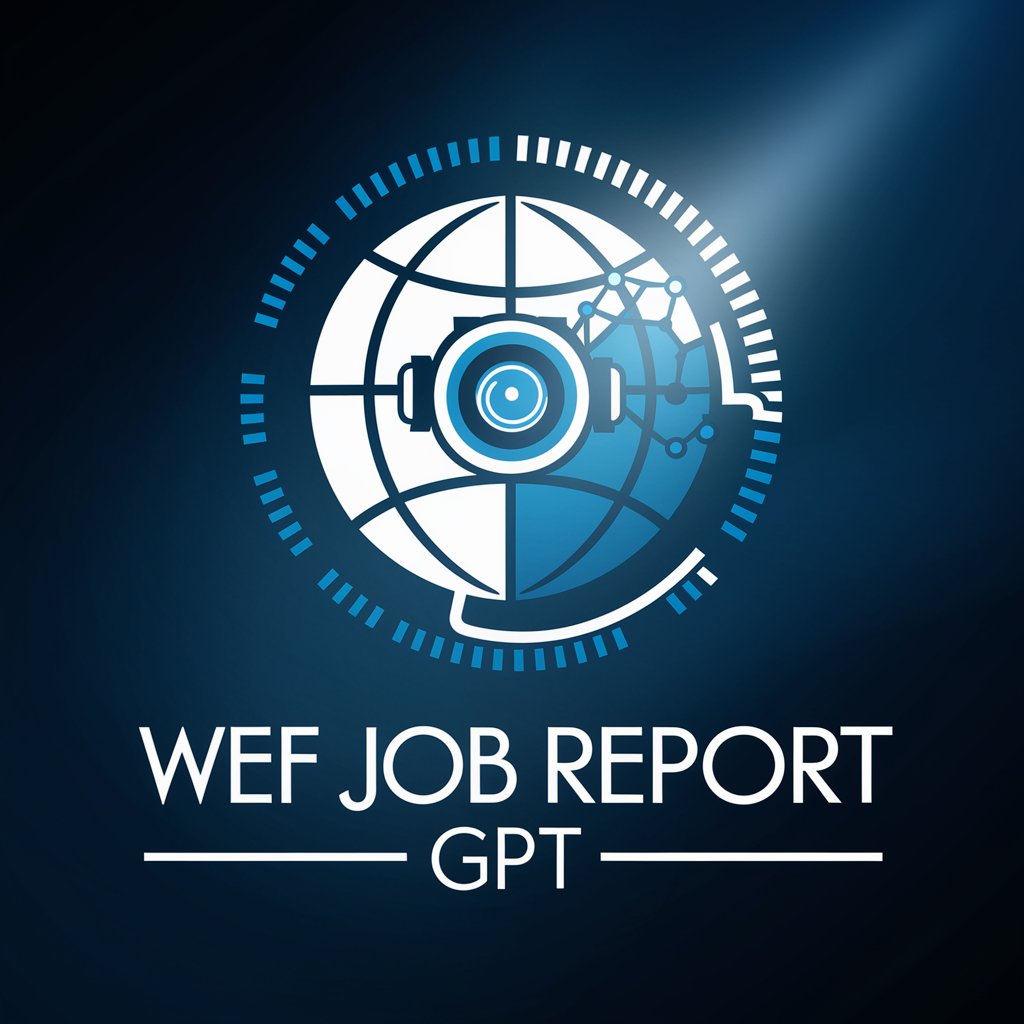
Steel Industry Report
Empowering Steel Decisions with AI
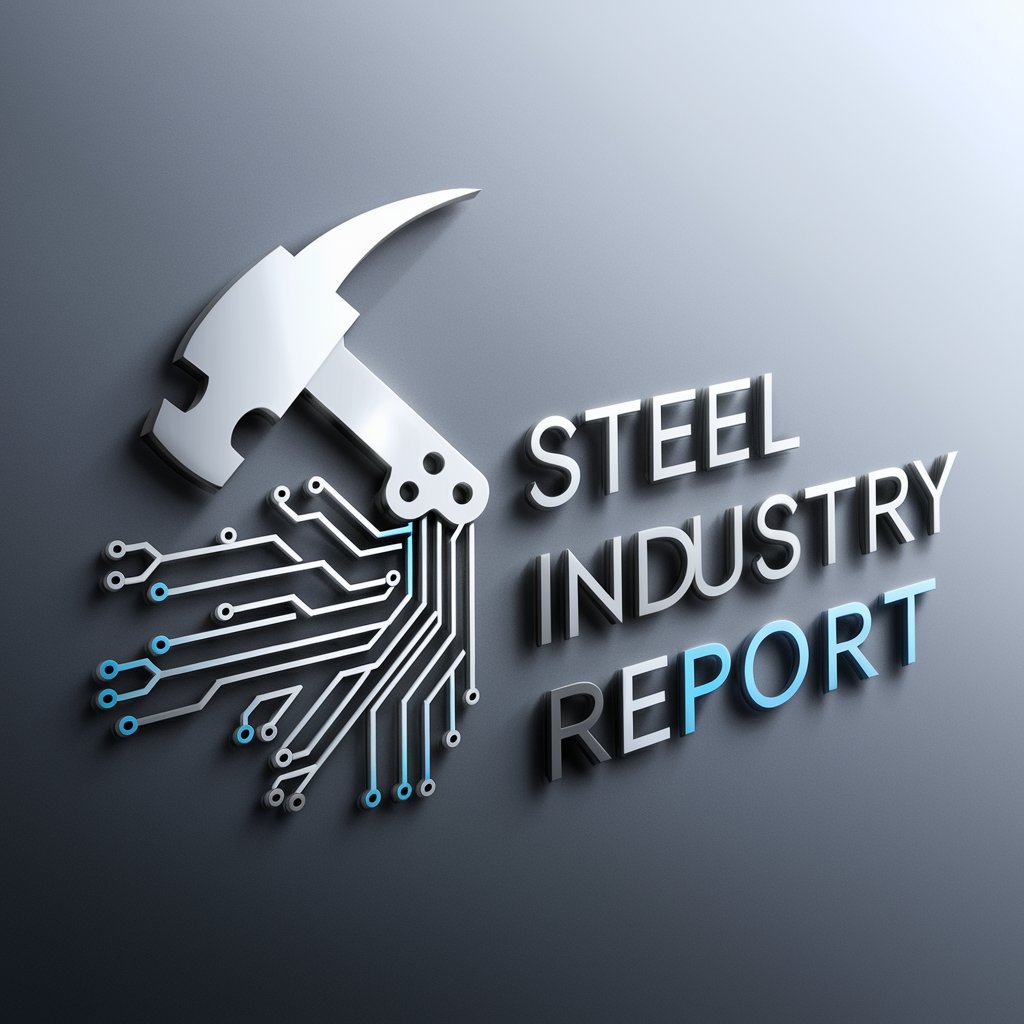
China
Empowering business decisions with AI-driven insights on China.
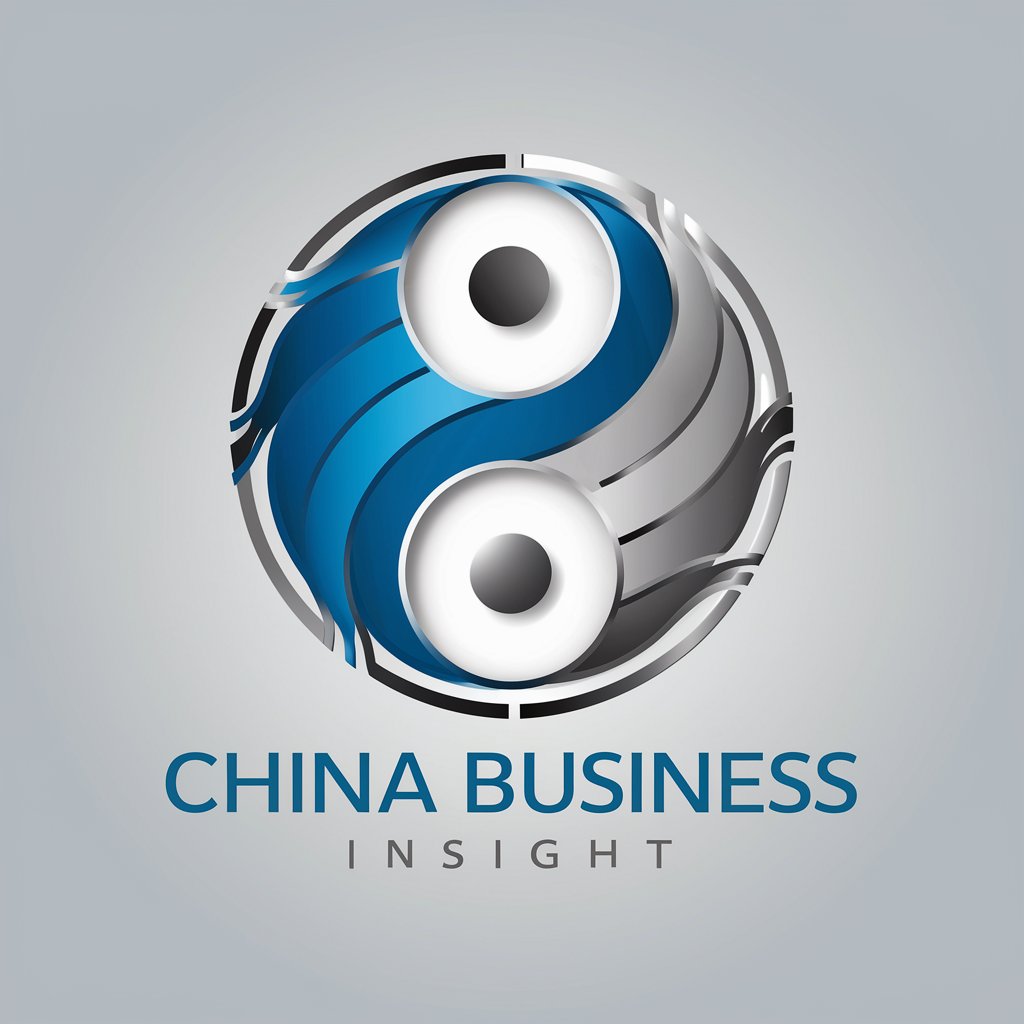
分析竞品公司
AI-powered competitor insights

Crop-AI
Harvest data-driven insights into the crop industry
Key Attributes of AI GPTs in Industry Prognostication
AI GPTs for Industry Forecasting stand out due to their adaptability, supporting a range of functions from basic trend analysis to complex predictive modeling. Key features include advanced language understanding, which enables them to interpret industry jargon and synthesize information from diverse sources. These tools also offer technical support for data analysis, web searching capabilities for real-time data integration, and image creation for visual forecasting. Their unique ability to learn and adapt to specific industry contexts makes them invaluable for accurate forecasting.
Who Benefits from Industry Forecasting GPTs
These AI GPTs tools cater to a broad audience, including industry novices seeking to understand market trends, developers requiring advanced forecasting algorithms, and professionals aiming for data-driven decision-making. They are accessible to users without programming skills, offering intuitive interfaces, while also providing extensive customization options for those with technical expertise, making them a versatile choice for anyone involved in industry forecasting.
Try Our other AI GPTs tools for Free
Mock Interviews
Revolutionize your interview preparation with AI GPTs for Mock Interviews. Tailored, interactive practice sessions designed to enhance your skills and boost your confidence.
Feedback Customization
Discover how AI GPTs for Feedback Customization can transform your feedback mechanisms with personalized, real-time responses designed to enhance user engagement and satisfaction.
Real-Time Simulation
Discover how AI GPTs are revolutionizing Real-Time Simulation, offering predictive analytics, scenario analysis, and decision support with unparalleled speed and accuracy.
Challenge Guidance
Unlock the potential of AI in overcoming challenges with our GPT tools, designed to provide tailored guidance across a spectrum of topics.
Study Strategy
Revolutionize your learning experience with AI GPTs for Study Strategy, offering personalized, adaptable tools for students and educators alike.
Topic Exploration
Discover how AI GPTs for Topic Exploration unlock new dimensions of learning and research, offering tailored insights and information across diverse subjects.
Enhanced Solutions through AI GPTs in Sector Analysis
AI GPTs for Industry Forecasting offer user-friendly interfaces that simplify complex data analysis, making sophisticated forecasting accessible to a wider audience. Their adaptability to different sectors and ability to integrate with existing systems or workflows provide a seamless experience for users, enhancing the strategic planning process across industries.
Frequently Asked Questions
What exactly are AI GPTs for Industry Forecasting?
AI GPTs for Industry Forecasting are specialized tools using Generative Pre-trained Transformers to analyze data and predict future trends in various industries.
How do these tools adapt to different industries?
Through machine learning and natural language processing, these tools learn from industry-specific data, allowing them to adapt and provide accurate forecasts for diverse sectors.
Can non-technical users utilize these forecasting tools?
Yes, these tools are designed with user-friendly interfaces that enable non-technical users to generate forecasts without needing coding skills.
What makes AI GPTs superior to traditional forecasting methods?
AI GPTs can process and analyze vast amounts of data more quickly and accurately than traditional methods, adapting to new information in real-time and providing more precise forecasts.
Are there customization options for advanced users?
Yes, advanced users can access customization options, including programming interfaces (APIs), to tailor the forecasting tools to specific needs or integrate them into existing systems.
How do these tools handle industry-specific jargon?
AI GPTs are trained on extensive datasets, including industry-specific language, enabling them to understand and analyze jargon accurately.
Can these tools integrate real-time data for forecasting?
Yes, they can incorporate real-time data from various sources, ensuring that the forecasts are up-to-date and reflect current market conditions.
What are the potential applications of AI GPTs in industry forecasting?
Applications include market trend analysis, consumer behavior prediction, supply chain optimization, financial planning, and strategic decision-making across various industries.